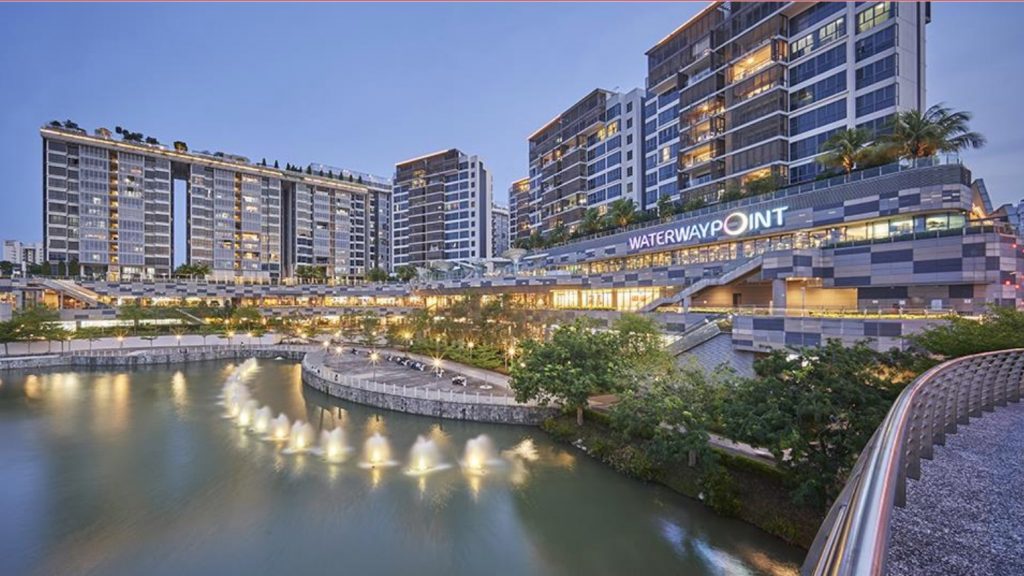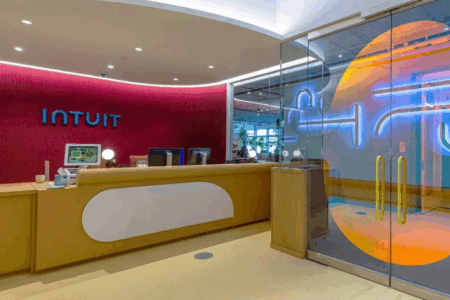How quickly things change.
Just three months ago, I was writing about imminent interest rate cuts.
Now, there are concerns that the policies under the new Donald Trump administration might result in an inflationary environment.
To rub salt into the wound, the latest speech from the US Federal Reserve Chairman suggests a potential pause in rate cuts.
The Chairman stated, “The economy is not sending any signals that we need to be in a hurry to lower rates.”
The question is, how will the above policies impact Singapore investors?
By now, we know what happened to real estate investment trusts (REITs) when interest rates were raised in 2021.
It begs the question, if indeed interest rates are to remain high, are REITs still good investments?
Well-managed REITs can weather this headwind
“Interest rates are to asset prices, you know, sort of like gravity is to apple”
– Warren Buffet, Berkshire Hathaway 2013 Annual General Meeting
High-interest rates have cast a long shadow over the business landscape, particularly for leveraged entities like REITs.
However, well-managed REITs, with their strong financial positions and resilient business models, have proven to be up to the task of navigating the economic turbulence.
These REITs typically own prime properties with high occupancy rates and significant potential for rental growth.
In addition to revenue growth, they proactively manage their debt. Disciplined refinancing, prudent leverage, and effective hedging strategies help mitigate the impact of rising interest rates.
Strategic moves such as asset enhancement initiatives (AEI) and value-added acquisitions further solidify their positions as industry leaders.
And how does an investor go about finding such REITs?
The trust’s track record provides some clues.
Consider the following three REITs that have demonstrated remarkable resilience, maintaining stable distribution per unit (DPU) over the past four years, even in the face of increasing borrowing costs.
| CapitaLand Integrated Commercial Trust (SGX: C38U) | Frasers Centrepoint Trust (SGX: J69U) | Mapletree Industrial Trust(SGX: ME8U) | ||||
| DPU | Average Cost of Borrowing | DPU | Average Cost of Borrowing | DPU | Average Cost of Borrowing | |
| FY 2021 | S$0.1040 | 2.3% | S$0.12085 | 2.2% | S$0.1380 | 2.4% |
| FY 2022 | S$0.1058 | 2.7% | S$0.12227 | 2.5% | S$0.1357 | 3.5% |
| FY 2023 | S$0.1075 | 3.4% | S$0.12150 | 3.8% | S$0.1343 | 3.1% |
| FY 2024 | S$0.0543* | 3.6%# | S$0.12042 | 4.1% | S$0.068* | 3.2%* |
Riding the weather
In recent times, these three REITs have continued to strengthen their operations and financial performance.
CapitaLand Integrated Commercial Trust, or CICT, bolstered its portfolio by acquiring a 50% stake in ION Orchard and ION Orchard Link, a move that is expected to be accretive to its DPU.
In early November, CICT further strengthened its balance sheet by divesting its office building at 21 Collyer Quay.
Meanwhile, Frasers Centrepoint Trust, or FCT, completed its Tampines 1 AEI, delivering a solid return on investment (ROI) of over 8%.
Building on this success, FCT will be embarking on its next AEI at Hougang Mall in 2Q 2025, targeting an ROI of around 7%.
Finally, Mapletree Industrial Trust, or MIT, expanded its global footprint with the acquisition of its second Japan property in October.
This mixed-use facility in Tokyo, comprising a data centre, back office and training facilities, enhances MIT’s geographical and income diversification.
Get Smart: Positioned portfolio for all weather
While the REITs above demonstrate resilience, it may not be enough to satisfy everyone.
Some of you might be thinking – although the DPU is stable, a higher risk-free rate will lead to lower unit prices to maintain the same yield spread.
While this is a valid point, it is important to remember that interest rates are just one piece of the puzzle.
Market sentiment, often driven by short-term news and events, can have a significant short-term impact on unit prices.
Given the inherent volatility and unpredictability of macroeconomic conditions, it’s futile to predict the changes and even more foolhardy to react and make drastic portfolio changes.
For instance, had you divested your holdings in Singapore banks after the initial interest rate cut in September 2024, you would have not benefited from their recent price appreciation, backed by their strong 3Q 2024 performances.
A better approach in my opinion is to focus on what we can control: building a robust, diversified portfolio of resilient companies.
Such businesses can navigate economic turbulence and thrive during periods of growth.
Well-managed REITs, with their exposure to real estate and rental income streams, can be a valuable component of a diversified portfolio, offering both stability and long-term growth.
Dive into the future of technology with our newest FREE report, “The Rise of Titans.” Discover how the big 7 US tech stocks can be your ticket to huge long-term gains. Download your copy today and see how easy it is to supercharge your portfolio.
Follow us on Facebook and Telegram for the latest investing news and analyses!
Disclosure: Chan Kin Chuah owns shares of Frasers Centrepoint Trust and Mapletree Industrial Trust.





